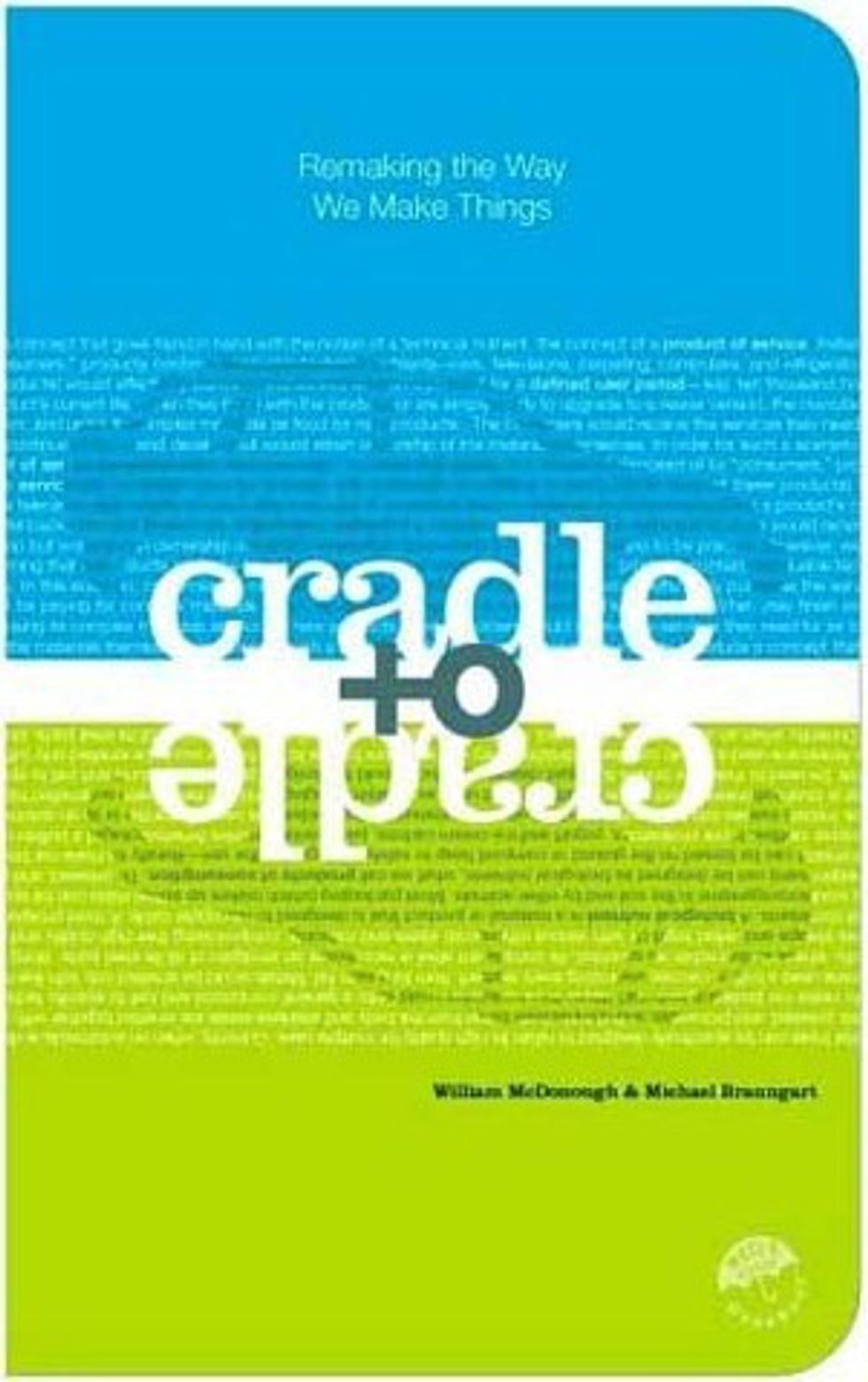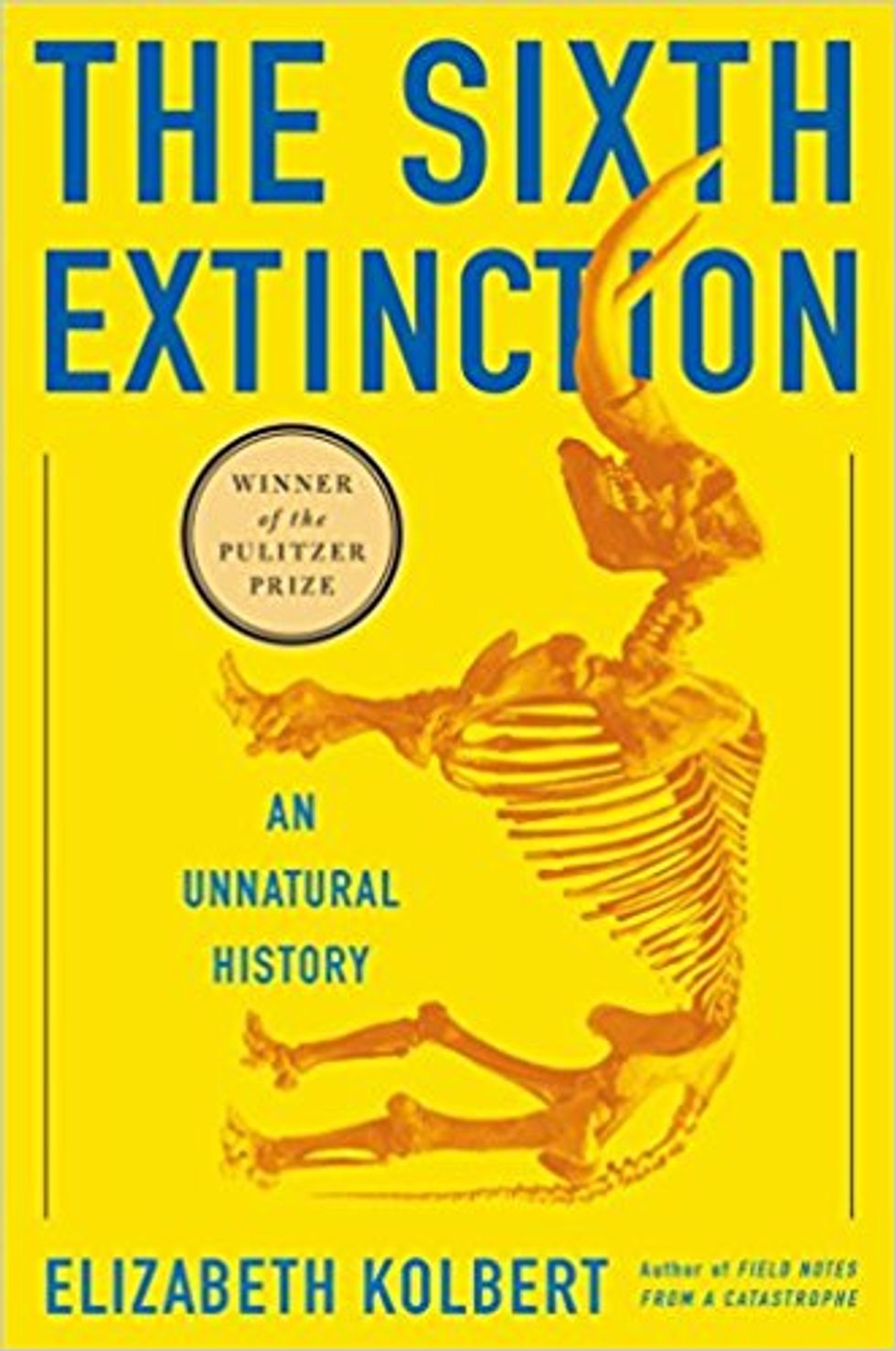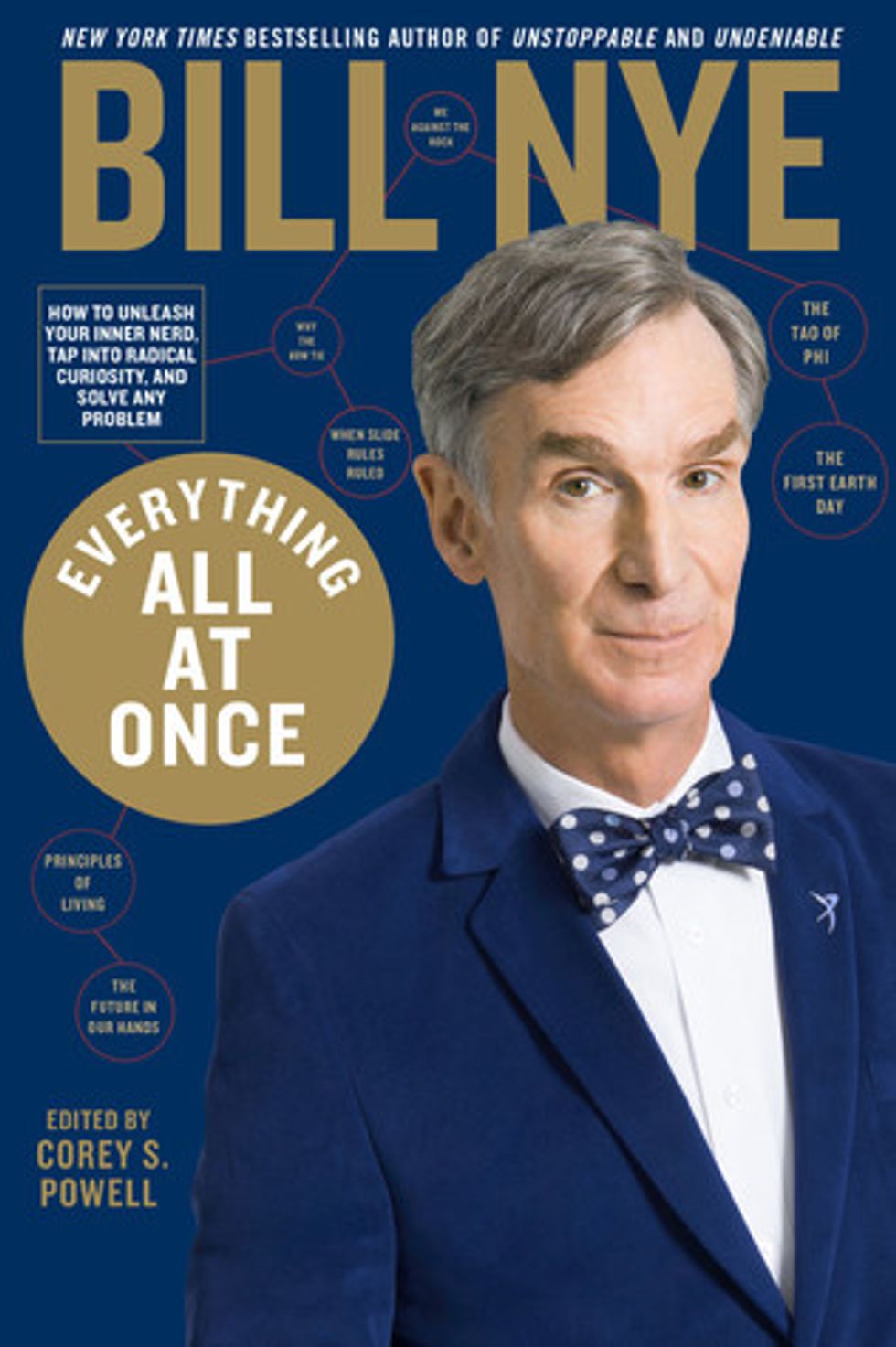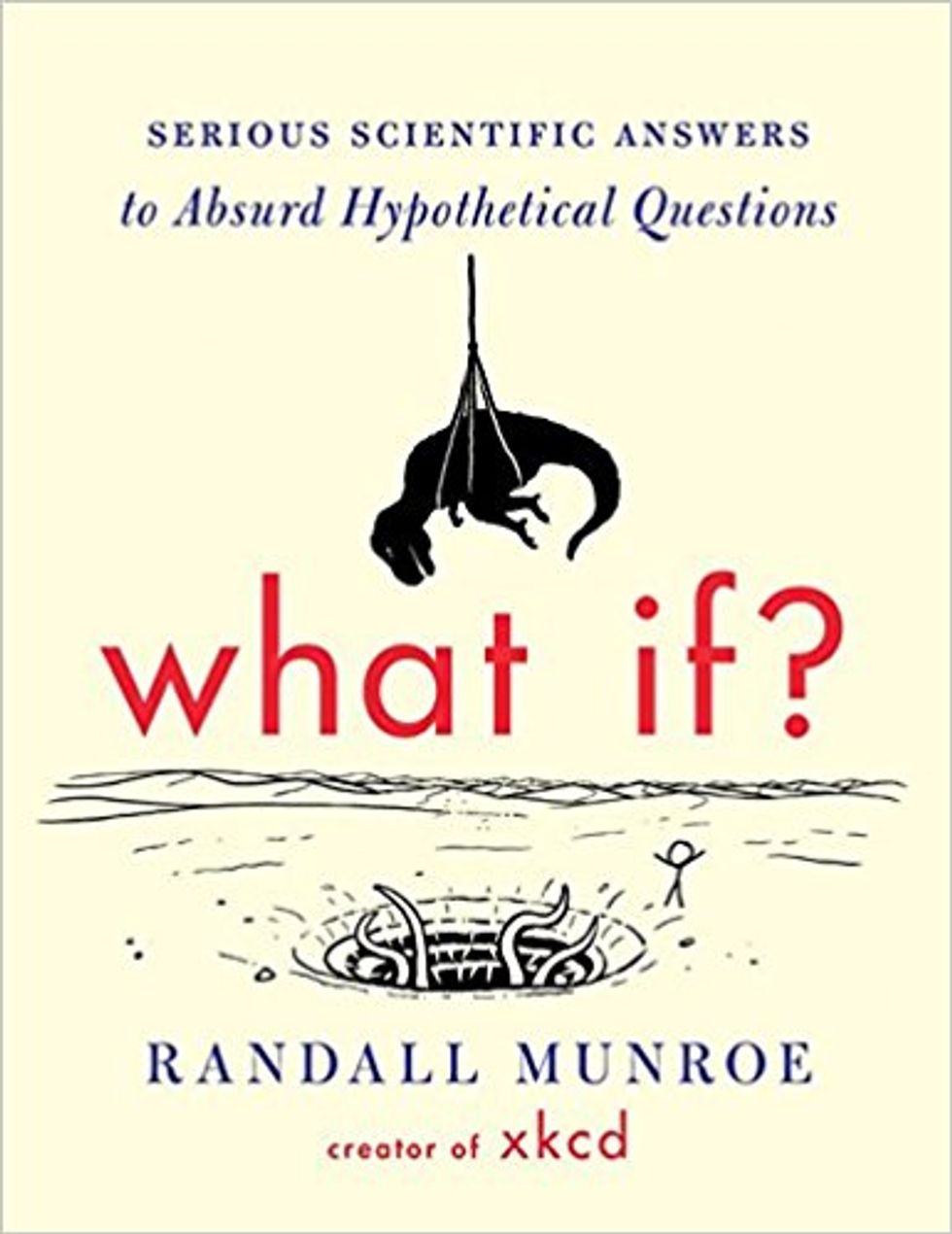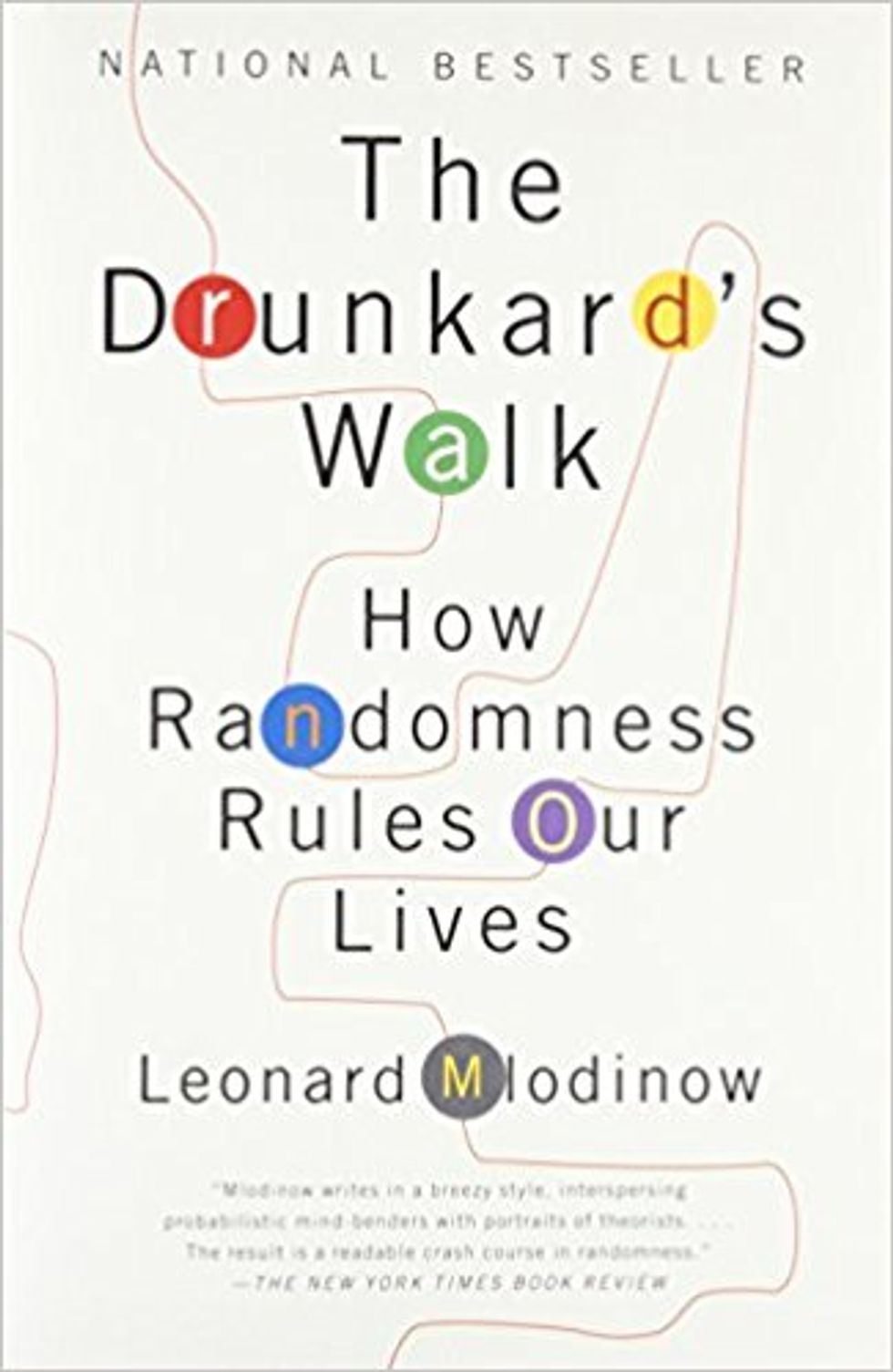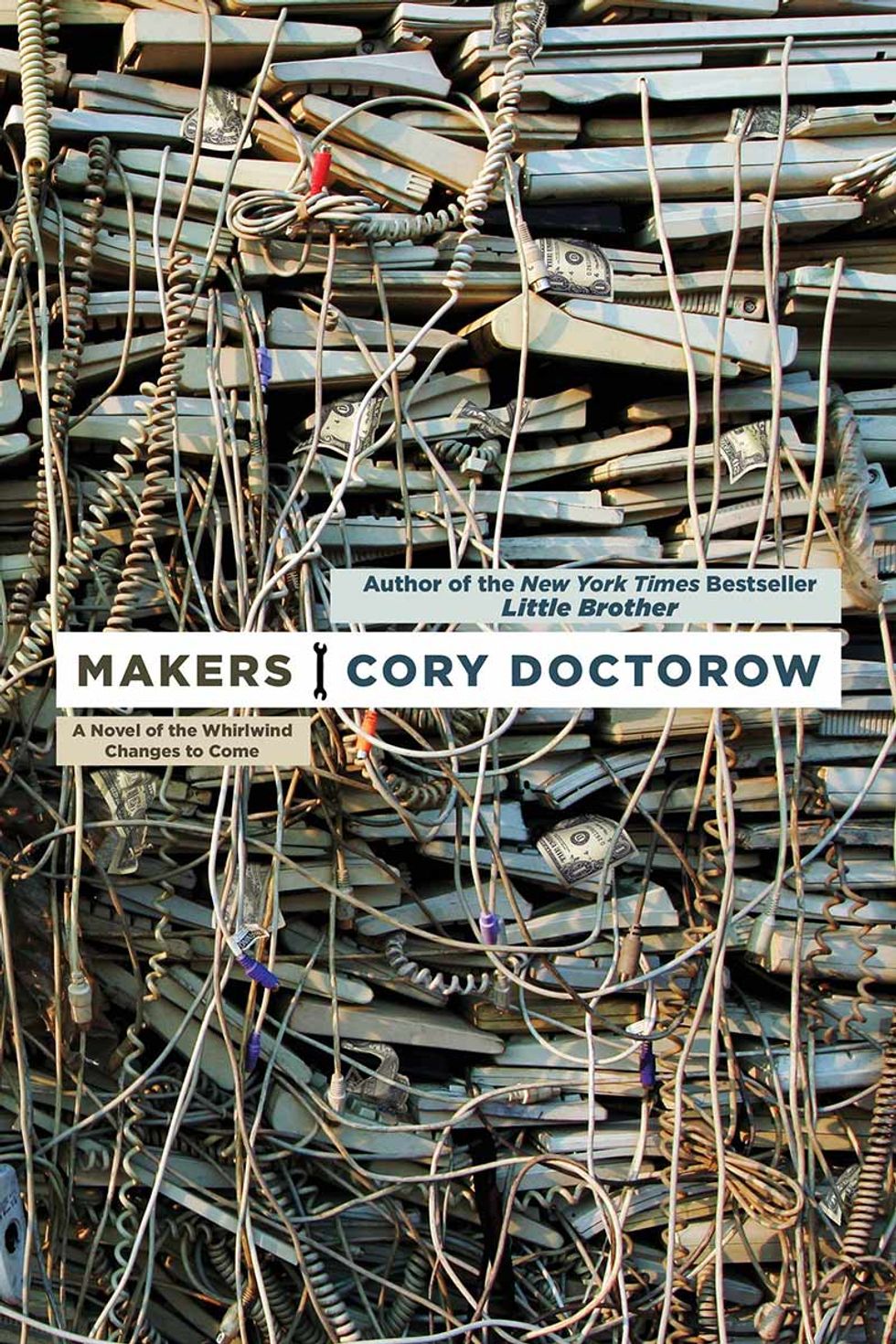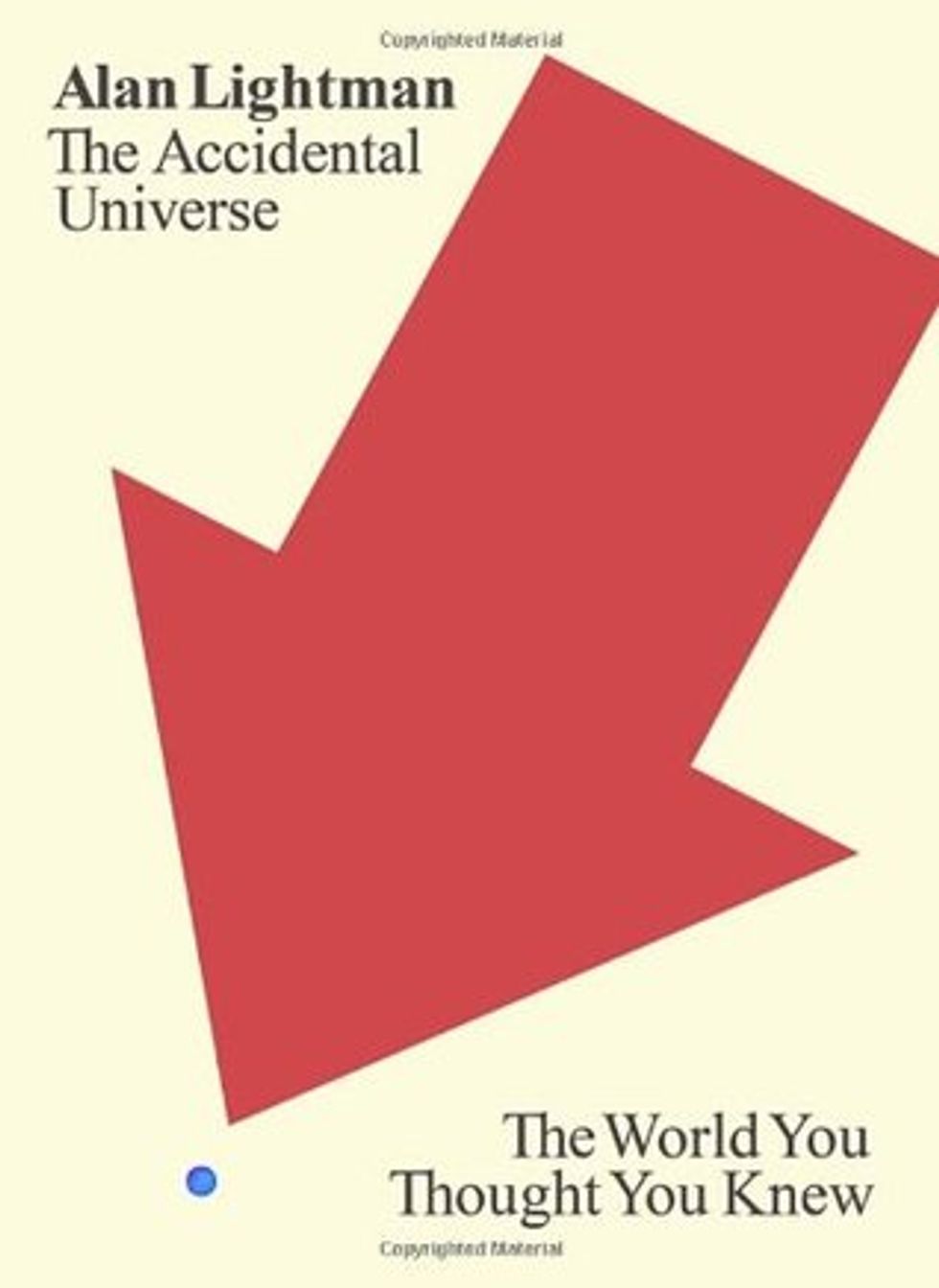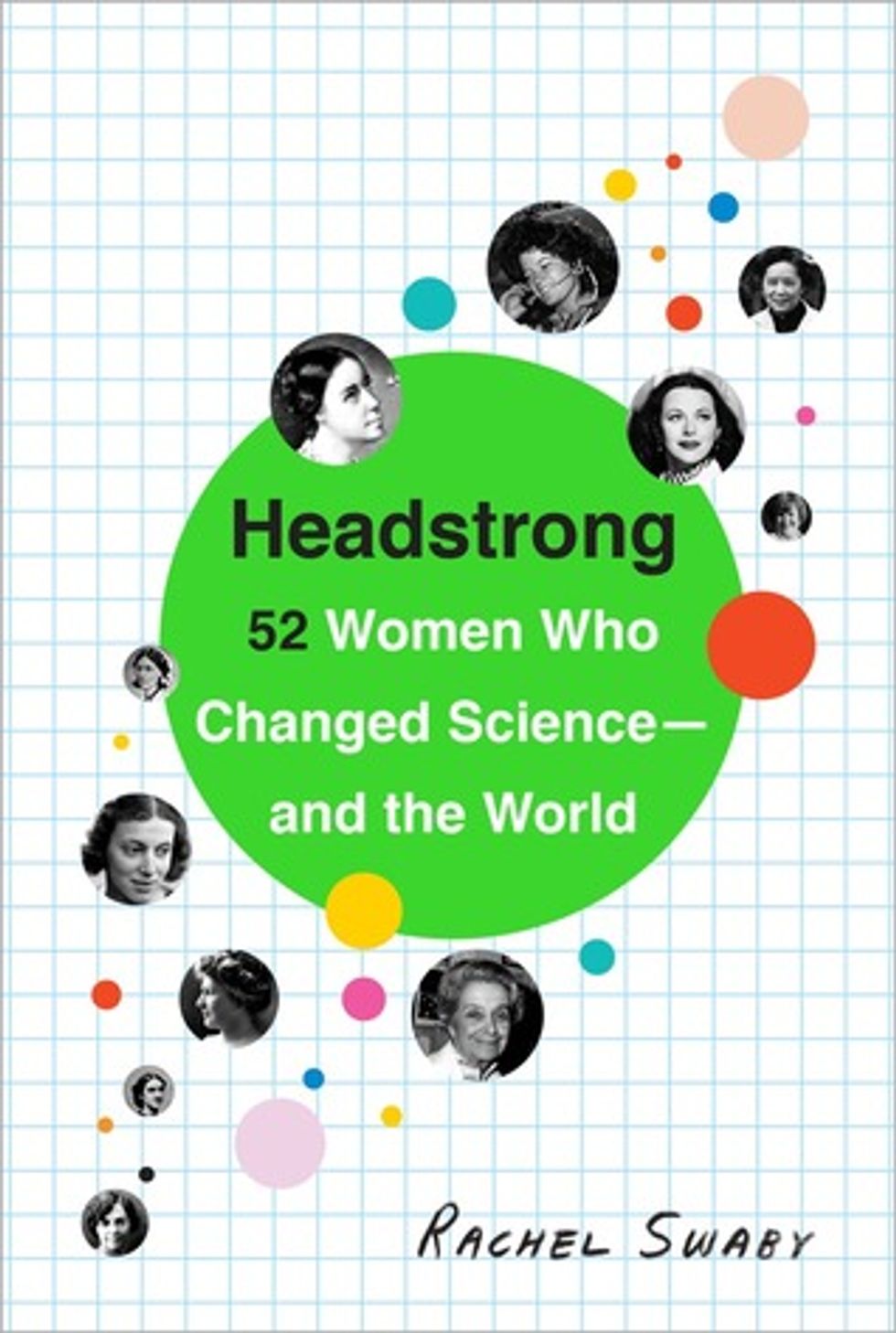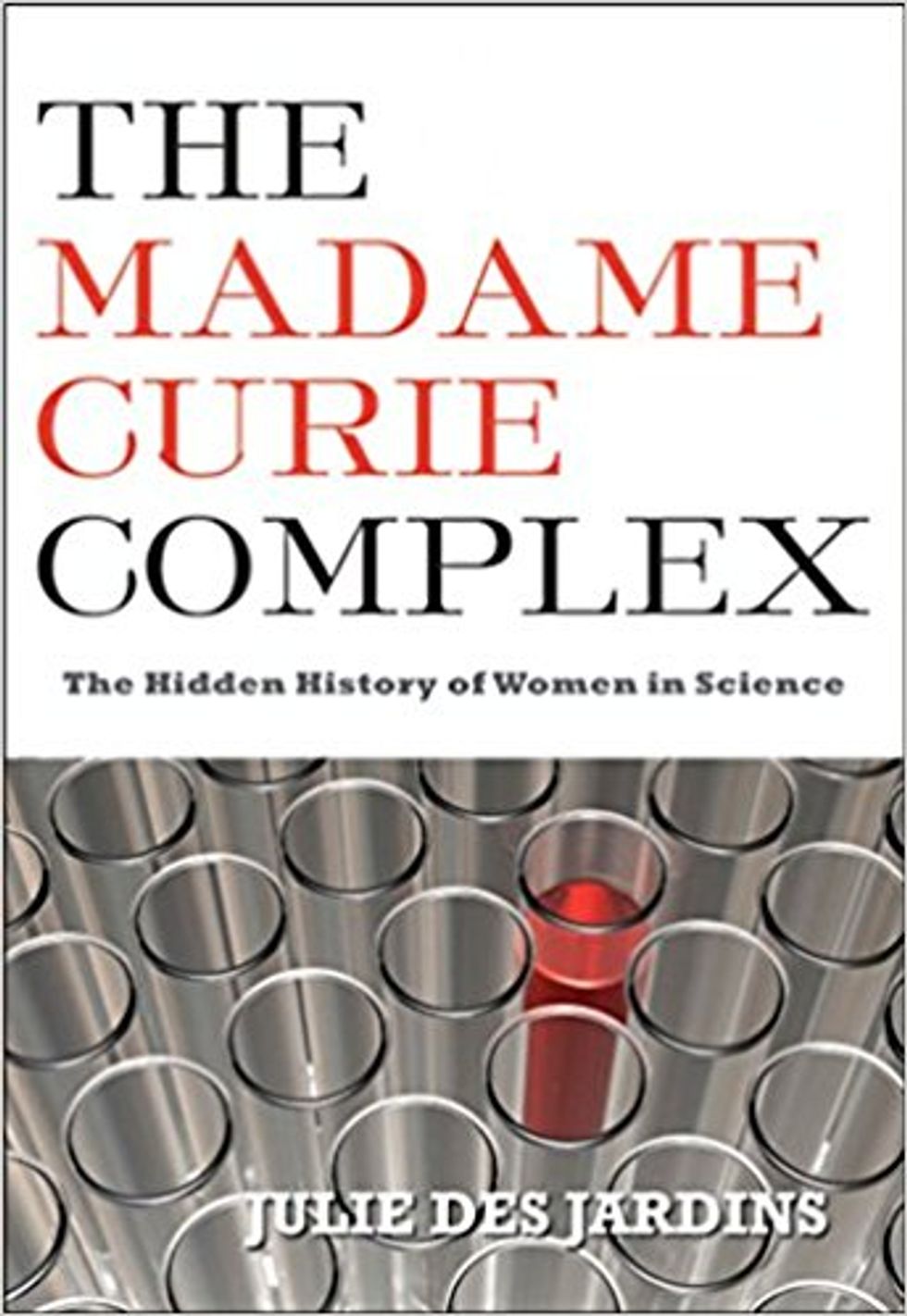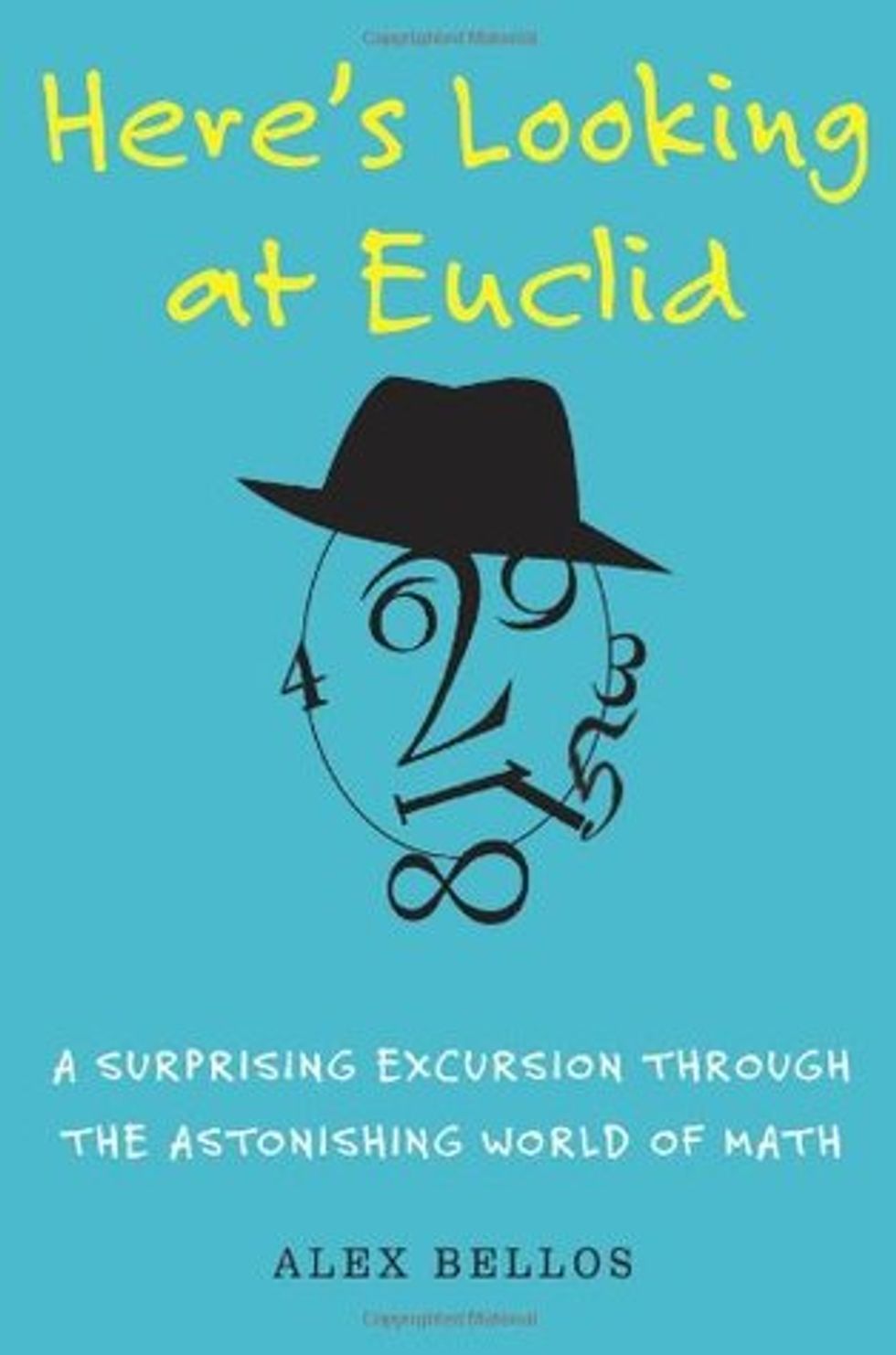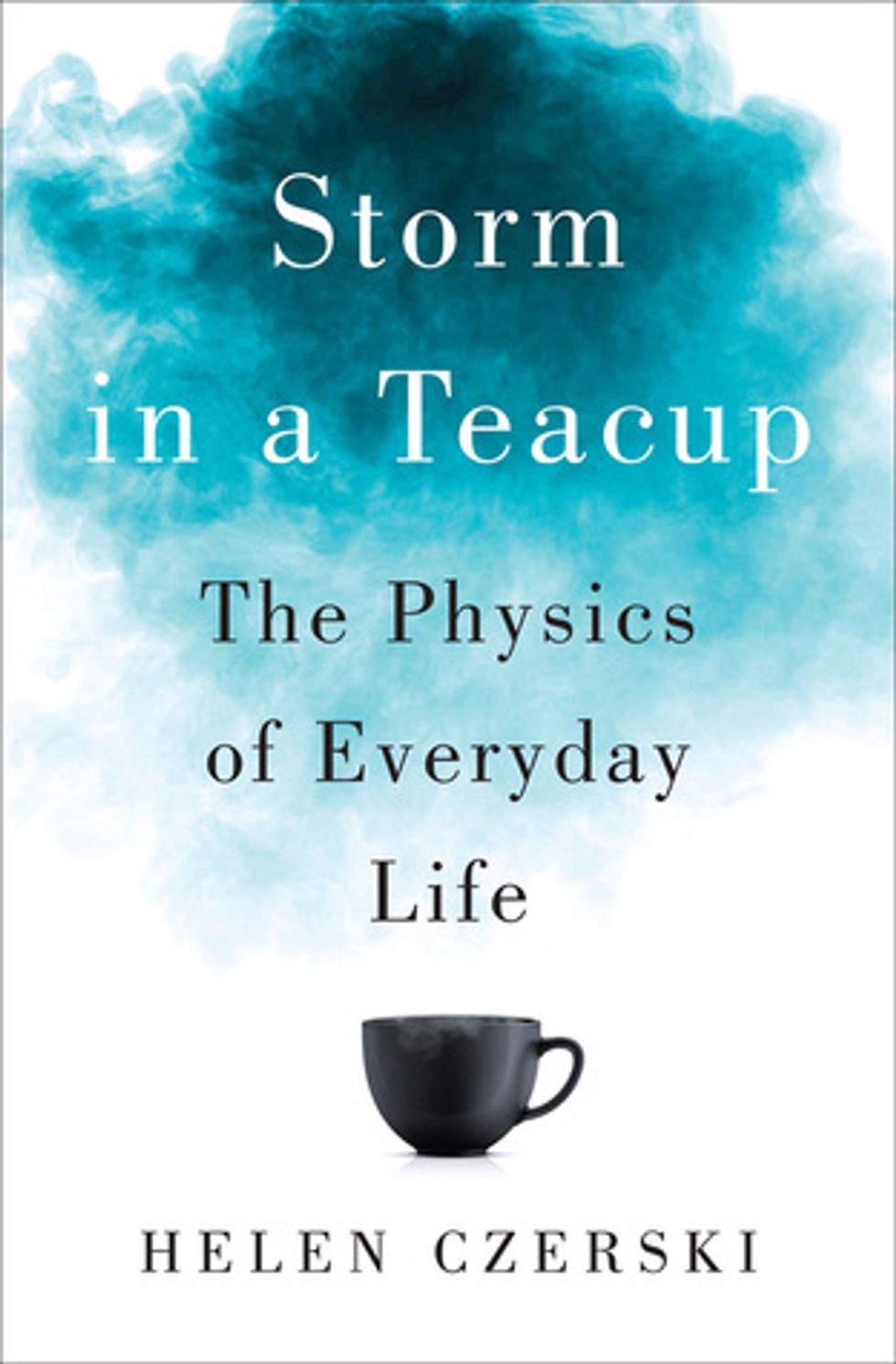As human people, we're always trying to grow and learn.
What with many distressing events taking place in the world regularly (all sorts of problems, but I'm going to focus on the issues related to science and sustainability here), it's easy to feel quite powerless and unsure of what to do. Something that's personally helped me is educating myself about issues I care about. When I know what problems we face, it's a lot easier to think about how to tackle them, rather than facing the whole big, scary problem at once.
Here are some great books to start a conversation about science and sustainability in your friend group, dorm, family, classroom, or student organization. Even though some of these books can be quite difficult to read - the Sixth Extinction has me extremely concerned for the Panamanian Golden frog - it's important to read and be aware of these issues to kindle a more optimistic conversation about future. Power to the bookworms!
1. Cradle to Cradle - Michael Braungart and William McDonough
"Why does everything we do have to damage the planet? Manufacturing is hopeless!" - Me before reading this book
"We should incorporate smarter elements of design into everything and a significant amount of positive change could come about." - Me after reading this book
Braungart and McDonough kind of changed my perspective on why we make things - from houses to paint and everything in between - the way we do. It's made me more conscious of and curious about single-use items, and why they were designed that way instead of having another purpose when they're done with their first.
2. The Sixth Extinction - Elizabeth Kolbert
This is probably the least optimistic book on the optimistic science reading list, but I would argue that's what makes it the most necessary. Elizabeth Kolbert wrote this book in 2014, and since then, so many of the problems she describes are actually being addressed in fascinating, innovative ways. Even though this paints a bleak picture about the future of biodiversity, it's fantastic to see how much progress is being made, and I hope reading it inspires a few jumps to immediate action as well.
3. Everything All At Once - Bill Nye
Can't lie - I'm still as excited about Bill Nye the Science Guy (Bill! Bill! Bill!) as a college student as I was when I was in elementary school. While he doesn't explain plate tectonics with cookies like he did on his show, Bill Nye talks about the potential that nerds have to change the world.
4. What If - Randall Munroe
This book is less pure optimism and more pure fun. If you're curious about science but previous negative experiences have discouraged you - here's your in! Randall Munroe is the author of one of my favorite webcomics, XKCD, and so has a knack for being able to make complex scientific concepts both simple (he literally draws stick figures) and funny (they're funny stick figures).
5. The Drunkard's Walk - Leonard Mlodinow
What better way than to become optimistic about the possibilities science and math hold than by seeing how deeply engrained into literally everything? (Spoiler - your iPhone doesn't mix up songs quite as randomly as you think when you hit "shuffle"!)
6. Makers - Cory Doctorow
The alternate universe this book is set in is pretty bleak in that it seems like a pretty likely outcome for the universe we all live in. However, what makes this book great isn't the depth with which it explores the Maker movement - which I believe is one of the single largest steps forward in advancing science and technology in history because of how much it has improved accessibility - it's actually the characters and the human element. Disclaimer - this book is also the only one on the list that is science fiction!
7. The Accidental Universe - Alan Lightman
This is an emotional book for any physics nerd, whether you're a potential nerd or a kinetic one (see what I did there?). Nuff said.
8. Headstrong: 52 Women Who Changed Science - and the World - Rachel Swaby
Thankfully, women in tech are much more visible today than they were even a few years ago. But...a few years before that? Oy. These profiles seek to remedy the really poor storytelling that has traditionally accompanied tales of women in science, and does a pretty great job.
9. The Madame Curie Complex - Julie Des Jardins
Whereas the book immediately before this was pretty inspiring, this one is... not so much. It delves into a lot of the reasons why women were traditionally barred from careers in science and a lot of the stigma they faced. (You might want to read this book first, and Headstrong afterwards!)
10. Here's Looking at Euclid - Alex Bellos
Everyone knows someone (or is someone!) who has had a terrible math teacher, and it's ruined the subject for them forever. I feel so awful for those people, because they are missing out on one of the most wonderful, amazing components of the world we live in. This book should help!
11. Storm in a Teacup - Helen Czerski
Have you ever wondered why water flows in the patterns it does? Why ducks' feet don't get cold in snow and ice? How rockets and popcorn are related (yes, really)? For anyone who has ever wondered about the physics of the seemingly mundane, this book will thrill you.
While these books tells fairly distinct stories and each contain miniature worlds of information, the common thread between them is that they each changed my perspective on being a human being on this planet in some way. At the root of it, that's what science is all about - it's an effort to understand the universe and our place in it.


